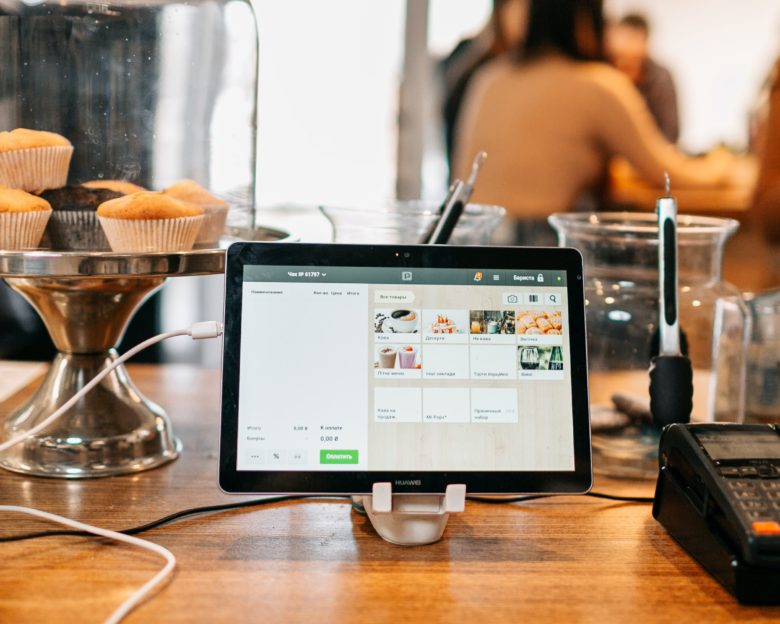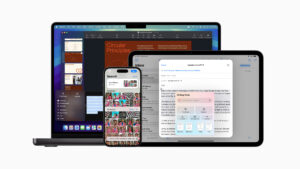The Point of Sale System Market and the Bulgarian Presence Behind: What You Need to Know

When was the last time you went to your favorite restaurant to enjoy a meal? Well, with the recent development and in spite of the coronavirus, restaurants, bars, and discos might soon open their doors to welcome you, perhaps more accommodative than ever to overcome the economic consequences of the lockdown and attract new customers. The enormous efforts owners will have to put to bring back their clients means that management and coordination of the entities must be close to perfect, and this is where tech solutions are of great importance.
Today, we are going to discuss point of sale (POS) systems and their importance for scaling a business in the restaurant industry. While the first cash register was created in 1879, POS systems nowadays are expected to do much more than simply complete transactions, which has made them evolve to the stage when they help owners store data, analyze patterns and validate money transactions in the cloud. But where is the POS sector going? Our curious team researched the topic and also talked to Plamen Manev, co-founder of Hype, a Bulgarian software company whose POS management solution is aimed at all types of restaurants, to sketch all the details around the launch of the new version of their software and the action plan for when the lockdown is over.
The POS systems at a glance
The global POS market was valued at nearly €36B in 2019, and the expected CAGR (Compound annual growth rate) of 7.5 percent. In a nutshell, a standard POS system is used for tracking things such as sales, employee behavior, food inventory, and customer behavior, and can be used when receiving payments via credit or debit card payments to track the flow of money in and out of the entity. There have been well-known players in the POS sector, including Microsoft Dynamics POS, Lightspeed POS, and Clover, that offer the back-end system a variety of other services, including bookkeeping and accounting.
Retrospectively, the first POS system is connected to the fast-food industry – namely McDonald’s, and it used one of the earliest microprocessors to display the entire order for a customer using numeric keys and a button for every menu item. Since then, POS systems have spread in the retail, healthcare, and hospitality industries. When it comes to restaurant management, players such as Clover have integrated online ordering and mobile wallet payments long ago, and companies like Oracle have specialized in the production of self-service kiosks, a technology that has increased customer satisfaction by 79 percent in the US for 2018. For Europe, which is an early adopter of these technologies, the market is also developing, with Germany, Italy, France, Spain, and the Netherlands being among the most active suppliers to the kiosk market.
Hype – the Bulgarian presence in a mass industry
“Firstly let’s say it loud – the POS system is one of the instruments that your restaurant can’t work without,” begins Manev. Hype, which has reached over 50 customers in 2020, has strived to keep up with the competition by integrating various services in its software, including inventory counting, receipt, sales, and employee reports, and real-time analysis. Hype combines Cloud and Native applications, and a tech stack based on the Oracle Virtualization software. While the initial work around the software took the team 9 months, but after a year, Manev says that Hype has already “touched” the Bulgarian market.
One of the biggest challenges the Hype team faced was financing their idea by themselves. “We started with a plan, that wasn’t pretty exact so after a year we understood that the whole investment will be two times bigger just to release the product,” Manev shared while sharing his fear of entering the market with a self-sustained startup. January 20 2021 is marking the launch of the new version of the Hype software, whose main improvement is hidden in its enhanced user-friendliness and the time the Hype team had during the lockdown to rethink their strategy towards establishing their presence at the market. Manev is realistic about returning to normal and believes that the situation in the hospitality industry will likely improve around March, rather than at the beginning of February.




























